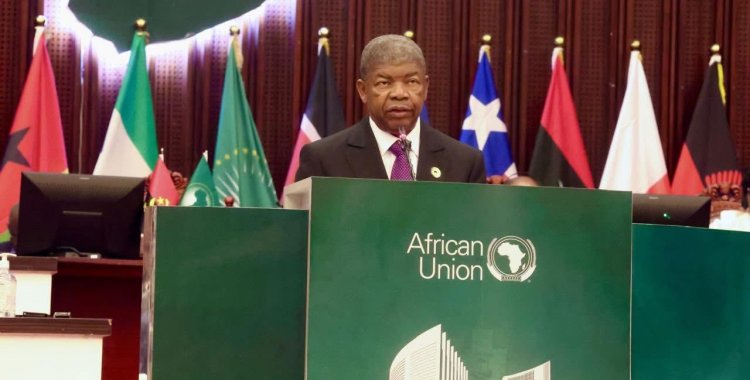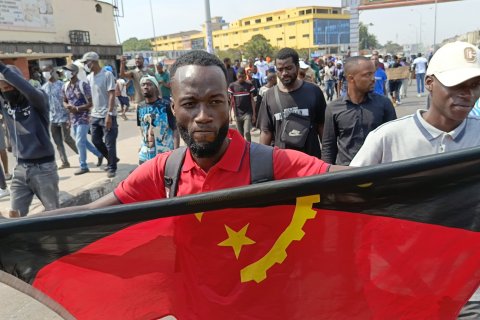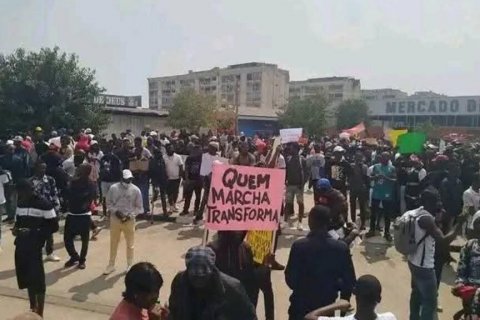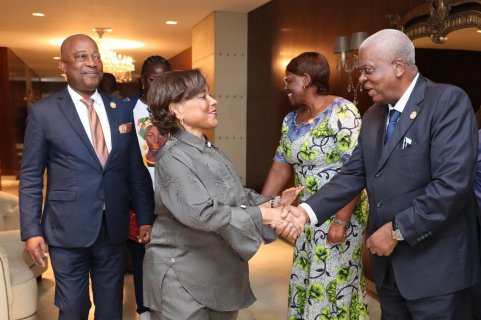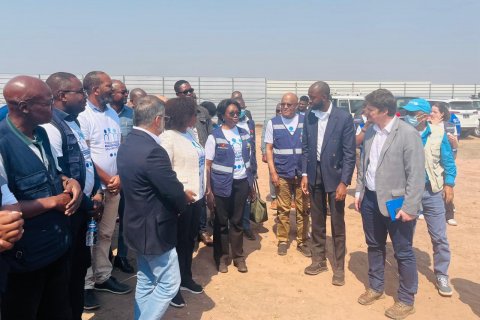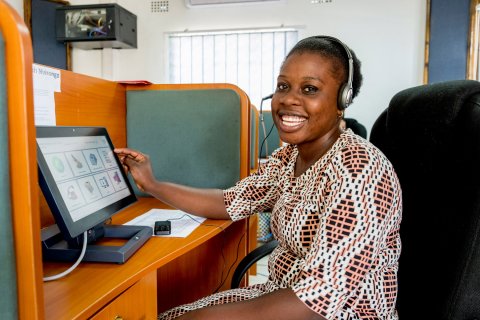"Regional integration in Africa is more than a political ideal" and includes "economic and social integration," said João Lourenço in his opening address at the 7th AU Biannual Coordination Meeting.
João Lourenço advocated for "defining roadmaps for strengthening integration," because "Africa is once again called to unite to face existing challenges."
"In an increasingly multinational and competitive context, in which large regional blocs are gaining influence in global decisions, Africa cannot continue speaking with scattered voices or negotiating with fragmented interests," he said.
The AU president emphasized that the need for unity to defend the continent's interests must be demonstrated at the European Union-Africa Summit, through the African Union, scheduled for November 24th and 25th in Angola.
João Lourenço added that, next September, on the sidelines of the UN General Assembly in New York, he intends to bring together African heads of state and government to analyze conflicts in Africa and to support peace as an "indispensable asset" for the continent.
Among the achievements of African integration, Lourenço highlighted the creation of the African Continental Free Trade Area (AfCFTA), which aims to create the largest single market for goods and services in the world.
Mahmoud Ali Youssouf, Chair of the AU Commission (Secretariat), echoed this sentiment, stating that Africa is "at the center of a rapidly changing world."
"The global South is positioning itself, and the BRICS (group of emerging economies) countries are increasingly asserting themselves as a coherent bloc. Europe is operating in a global context it no longer controls. Asia took off long ago. In this context, our continent must find its place with strength and determination, starting by accelerating integration," Youssouf emphasized.
The Commission President emphasized that integration requires the AfCFTA, "the single African market and, ultimately, the single African currency."
The AfCFTA remains "the cornerstone of the expansion of intra-African trade," so it is "essential to continue working to eliminate tariff and non-tariff barriers," he emphasized, admitting that this goal is still far from being achieved.
The President of Equatorial Guinea, Teodoro Obiang, host of the meeting, emphasized that "Africa has achieved political independence, but is still far from achieving economic independence."
"If we can consolidate our internal economic integration, we will be able to negotiate and engage with the rest of the world from a position of greater strength, dignity, and advantage," Obiang said, warning that, in an increasingly globalized world, Africa "risks being left behind."
The Equatorial Guinean leader, the longest-serving president (since 1979) – excluding monarchies – criticized international economic institutions that "impose harsh conditions and unjustified political criteria that restrict our countries' access to credit."
In addition to Lourenço and Obiang, other presidents attending the conference included Abdelfattah al-Sisi (Egypt), Évariste Ndayishimiye (Burundi), Julius Maada Bio (Sierra Leone), Mohamed Ould Ghazouani (Mauritania), John Dramani Mahama (Ghana), and Emmerson Mnangagwa (Zimbabwe).
The AU Biannual Coordination Meeting, established in 2017, brings together a group of African leaders, including the presidents of regional organizations, to agree on actions to accelerate the implementation of Agenda 2063, the continent's strategic framework for inclusive growth and sustainable development.

